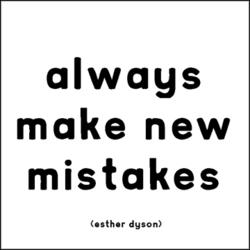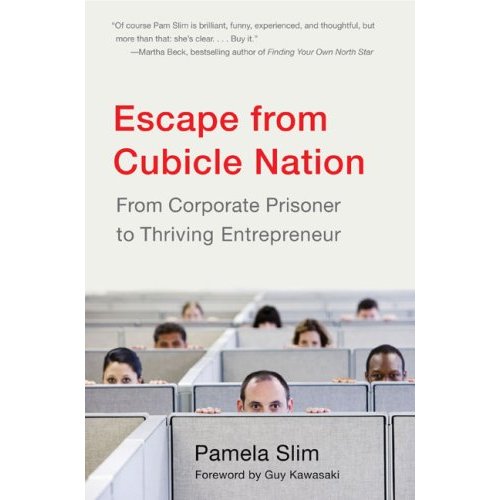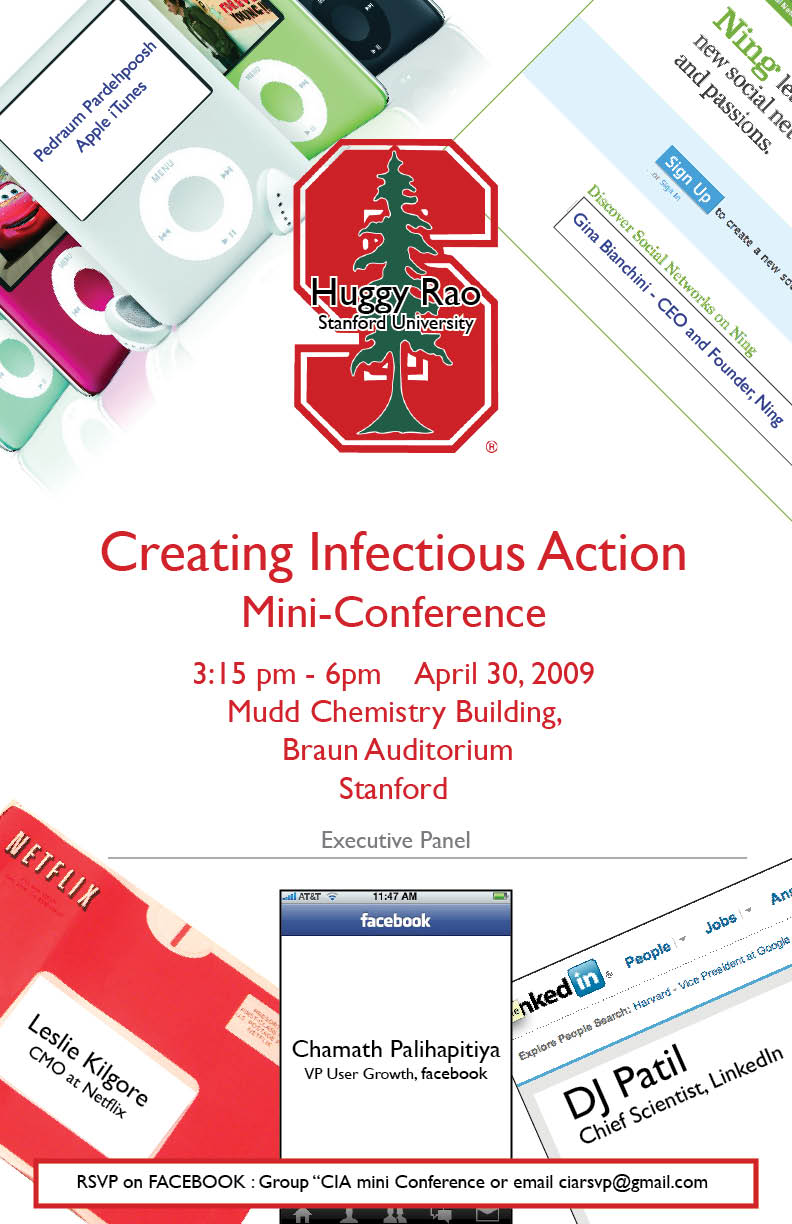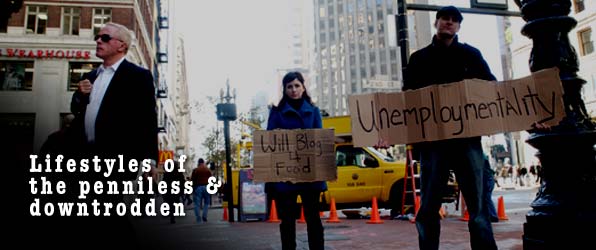The debate about the effects of business schools continues over at Harvard Business Review Online. As I've written here, I am largely on to other things. I did learn some interesting lessons along the way, and — consistent with trying to have strong opinions that are weakly held — revised my opinions in the face of new arguments. Perhaps my main three conclusions are:
1. Yes, economic assumptions can be dangerous and the worst are sometimes passed along during MBA education. But to simply say that all economists have the same assumptions and they are all evil is too much of an oversimplification. There are many nuances, and many faculty who weave economic assumptions into their teaching and research promote selflessness and cooperation.
2. I do believe that raw individual self-interest and the capitalist way of life are accurate descriptions of how people behave at times and have much practical value. But I don't believe that these are hardwired (following much research)or are the only assumptions that people do or should act on. My view at this point is that applying many economic assumptions is useful, but only in moderate doses and with proper precautions.
3. The question of whether what MBAs learn about economic assumptions or anything else that has any impact at all is important to ask. So many other powerful forces are at work — self-selection bias, societal norms, business culture, the legal system, and on and on — that pinning the blame or credit on what MBAs or others who get management education learn or don't learn strikes me as hubris on the part of faculty. In particular, I would argue that the assumptions held and implemented by people who design and run companies matter far more — if they accept and implement practices that reflect beliefs, for example, that instilling nasty "I win you lose" competition is the path to success (that your co-worker should be your enemy, as one CEO put it) or that people are self-serving with guile (and, perhaps by extension, "it isn't cheating if you don't get caught")– then the negative effects can be quite large.
Finally, over The Curious Capitalist at Time Online Justin Fox picked out some of the main elements of the debate, quoting Steve Kaplan and me. But I thought this quote from Dev Patnaik was especially thoughtful, as it made me stop and think — perhaps we need to start teaching people that they don't always have to be so damn sure of themselves. Even if business schools and others that provide management education have no impact at all, he makes a crucial point:
Business schools moved to a model that emphasized quick thinking,
confident elocution and a style of reasoning that looked more like
combat than it did contemplation. Indeed, the entire case study
approach values explicit data (economic or otherwise) at the expense of
intuition, snappy answers at the expense of thoughtful questions, and
competition at the expense of collaboration. Students are rarely
encouraged to confess “I don't know, but wonder if…” They're instead
encouraged to look like they know the answer, whether they know it or
not. We didn't just teach students that economists view people as
self-serving with guile. We taught students that they should be
self-serving with guile if they wanted to do well in our classes. And
we taught them the “soft skills” they needed to get really good at it.




